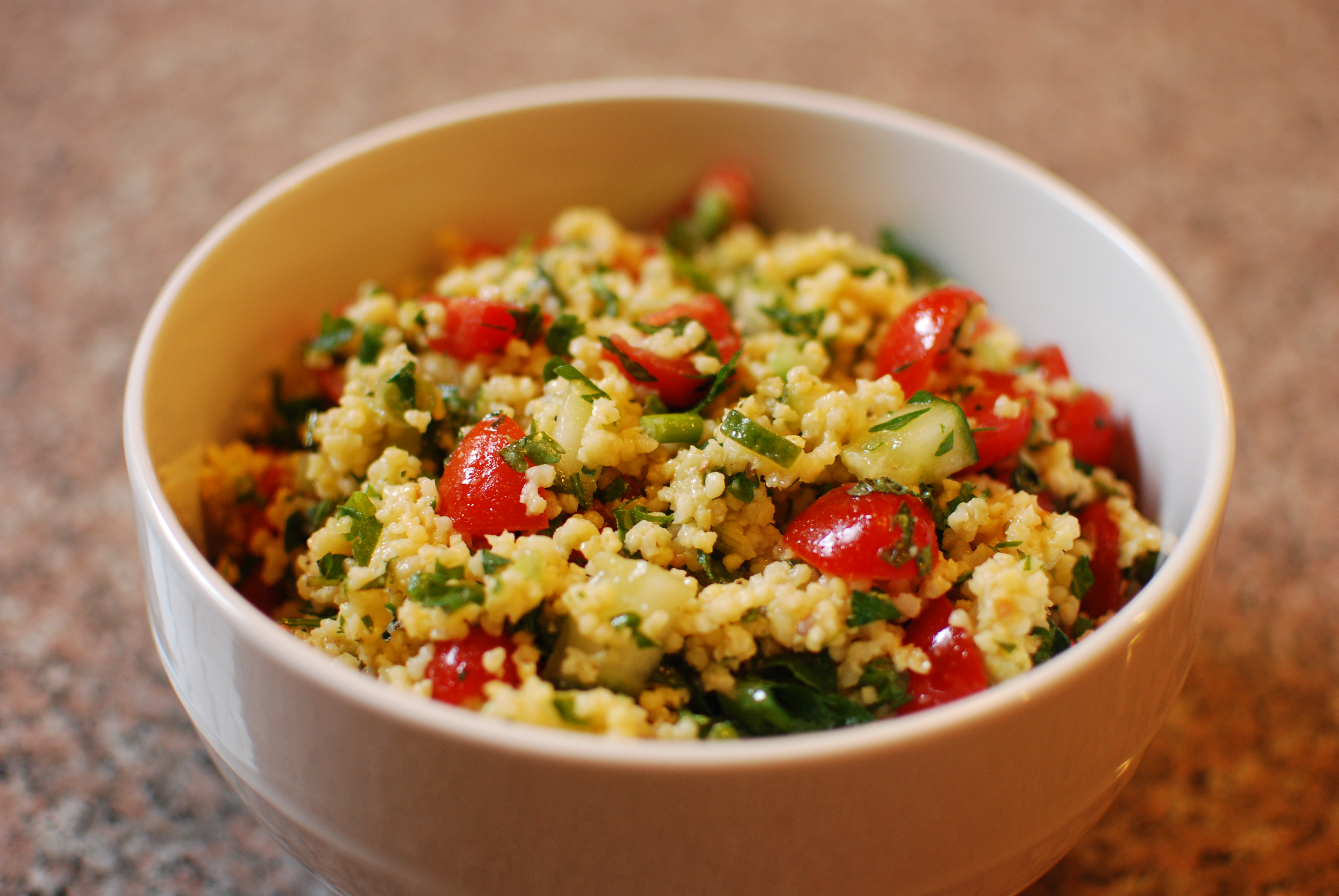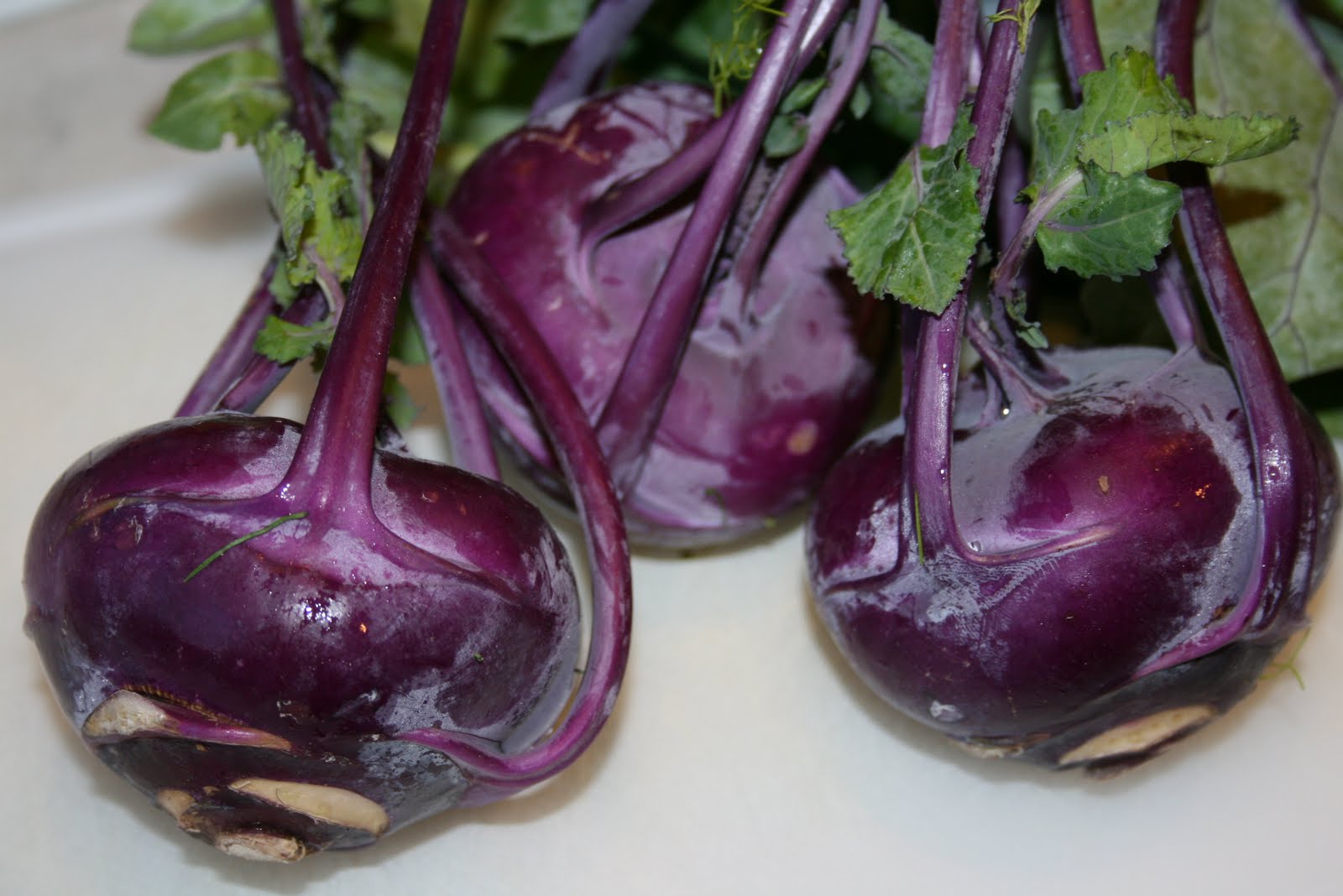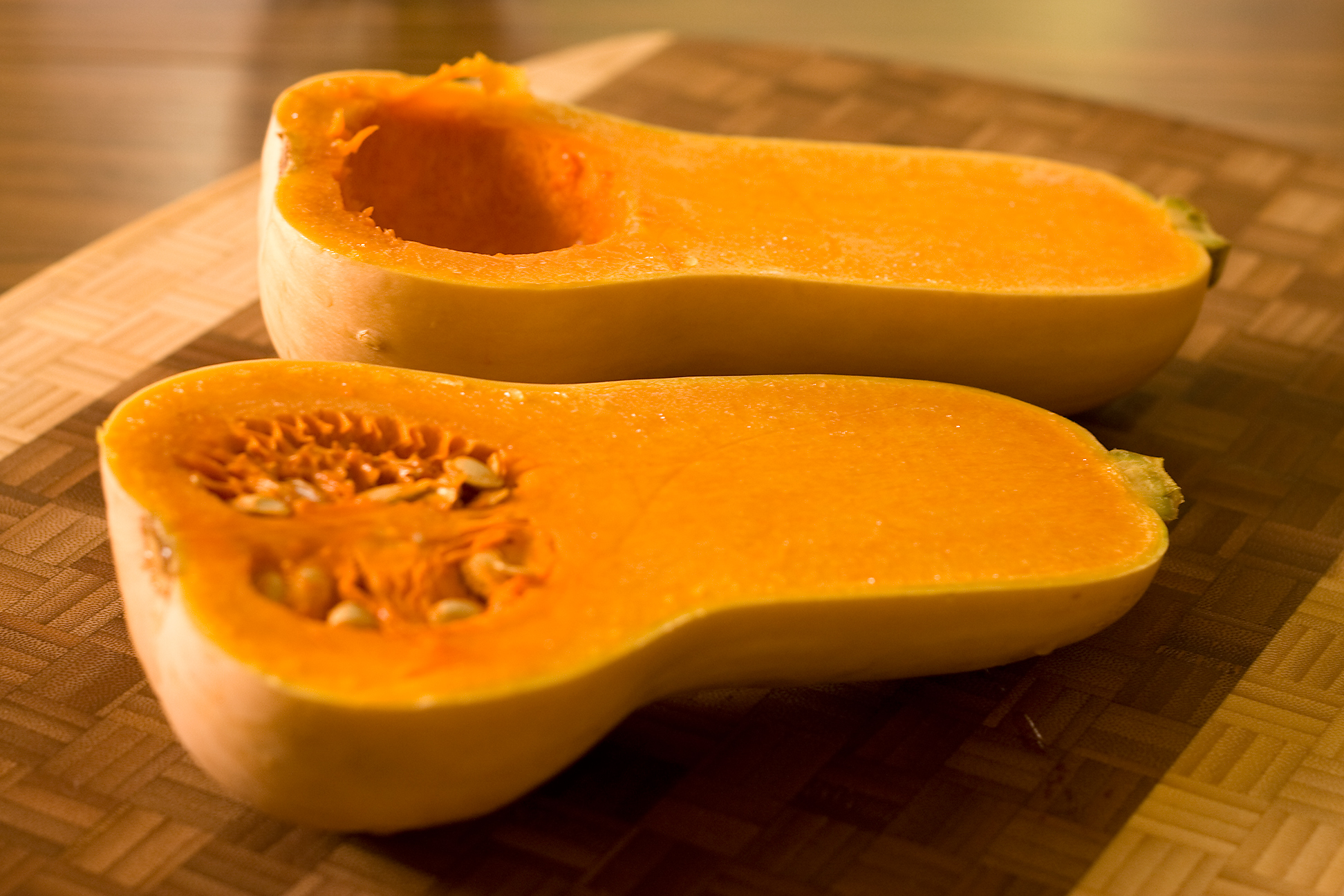
Due to the prevalence of gluten-free trends and diet options, some foods have gained recognition for their nutritional benefits to gluten-free dieters, yet millet does not have the same famous status. Millet, which comes in a seed form yet acts like a grain in meals, provides its consumers with a gluten-free option to wheat yet does not have the same fame as quinoa. In one cup of cooked millet, consumers receive six grams of protein, three grams of fiber, one-quarter of their daily recommended amount of magnesium and plenty of thiamin, niacin, and zinc, as well. It provides these nutrients and a sweet, nutty flavor.

Kohlrabi, a cabbage like its famous relative kale, has plenty of nutrients and a great flavor. In one cooked up, kohlrabi provides an entire day’s worth of vitamin C and plenty of potassium, too. In addition to its nutritional benefits, it has a milder and sweeter flavor than cabbage, and people can consume it raw or cooked.

Bananas certainly have star power, but kiwifruit has plenty of nutritional benefits and a great taste, as well. When ripe, kiwifruit has spectacular flavor and offers its consumers enough vitamin C for two days and packs more potassium than bananas. Kiwifruit have a delightful green color, which comes from the powerful antioxidant lutein, which has links to improved eye health. While bananas get all the attention, kiwifruits have greater nutritional benefit.

In almost every cupboard, families store cans and pouches of tuna fish for use on salads and sandwiches, but they often pick tuna over tasty and nutritious salmon. Salmon provides so much more nutritional benefits than does tuna. Salmon, for example, has four times as much omega-3 fatty acids and five times more vitamin D than tuna.

Recently, sweet potatoes have gained recognition as a super food because of their immense benefits, but butternut squash actually provides more with regard to key nutrients. Butternut squash has more fiber, calcium, magnesium, potassium, vitamin C, and folate than sweet potatoes. It also provides four times the daily recommended value of vitamin A. Butternut squash, furthermore, has half the calories in a serving than does sweet potatoes. It certainly provides plenty of nutrients in a low-calorie form.
Some foods become famous for their taste and nutritional value, but dieters can make even better choices with some of their food choices because foods like millet, kohlrabi, kiwifruit, butternut squash, and salmon pack equal or greater values of key nutrients than do their popular relatives.











